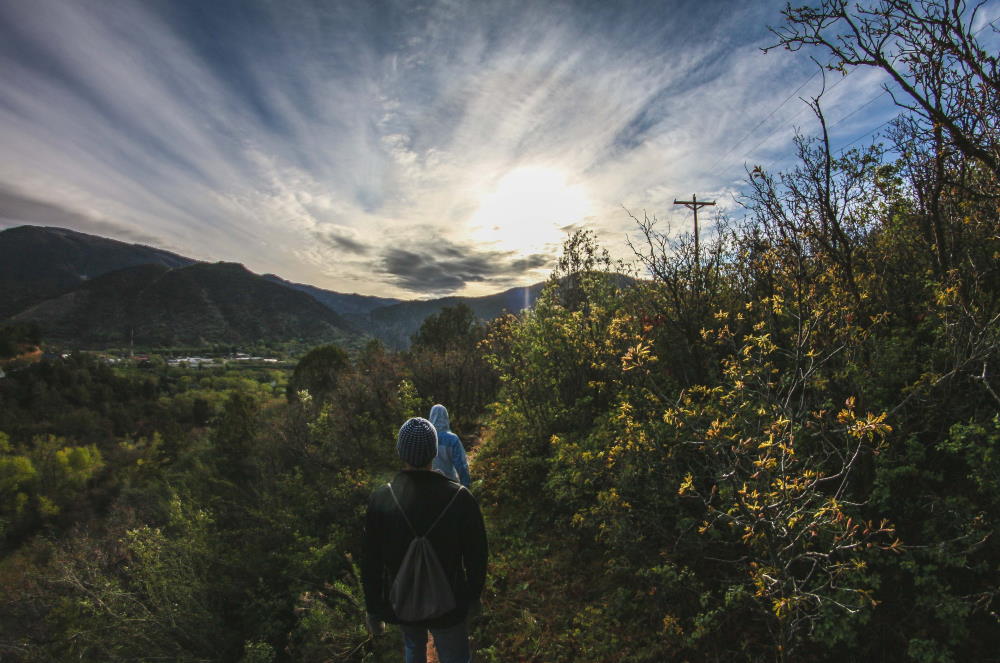Facing the Great Unraveling
By Molly Brown
“If you put God outside and set him vis-à-vis his creation and if you have the idea that you are created in his image, you will logically and naturally see yourself as outside and against the things around you. As you arrogate all mind to yourself, you will see the world as mindless and therefore not entitled to moral or ethical consideration. The environment will seem to be yours to exploit. Your survival unit will be you and your folks or conspecifics against … other social units, other races and the brutes and vegetables.
If this is your estimate of your relation to nature and you have an advanced technology, your likelihood of survival will be that of a snowball in hell.” – Gregory Bateson, Steps to an Ecology of Mind, New York: Ballentine, 1972, p. 462
I read this quotation from Gregory Bateson with a sinking heart. 47 years ago he foresaw so clearly the predicament we find ourselves in today. The dominant Industrial Growth Society (IGS) is largely based in a brand of Christianity that puts “God outside…his creation” and sees humans (or at least light-skinned humans of European ancestry) as “created in his image.” Therefore, many people in the IGS “logically and naturally see” themselves “as outside and against the things around” them. Almost all large corporations in today’s rapacious economy treat “the world as mindless and therefore not entitled to moral or ethical consideration.” Most corporations view the environment as something to be exploited for short-term profits.
Mainstream thinking in the IGS assumes without question that only humans have intelligence—or “mind,” ignoring the vast intelligence embedded throughout the web of life that sustains us all.
And what about “Your survival unit will be you and your folks or conspecifics against … other social units, other races and the brutes and vegetables”? A competitive socioeconomic system tends to limit people’s “survival unit” to the companies hiring them, their immediate families, and perhaps their neighborhoods or towns—and/or their political parties. “Other social units, other races, and the brutes and vegetables” are seen as competitors, or inferiors, or even enemies. White supremacy is one ugly result of this worldview.
As if any individual or human institution could survive without the larger community, without some form of government or social organization, and especially without the oxygen, water, food and materials supplied by “the brutes and vegetables” and ecosystems of Earth!
“If this is your estimate of your relation to nature and you have an advanced technology, your likelihood of survival will be that of a snowball in hell.”
This is quite clearly what we humans are faced with today. Unfortunately, all life on Earth is threatened by the few humans that hold this “estimate of your relation to nature.” They also tend to be the ones with the most access to “an advanced technology.” According to Bateson, the likelihood of the Industrial Growth Society’s survival is “that of a snowball in hell.”
It seems to me our only path to any kind of viable future is to profoundly change our relationship to one another and to the natural world. We people of the IGS need to stop arrogating all mind to ourselves; we need to stop seeing “the world as mindless and therefore not entitled to moral or ethical consideration.” Many recent scientific discoveries, in both the physical and social sciences, point to the reality of our radical interdependence with all life. The challenge is to bring these insights into our seemingly intractable political and economic institutions.

